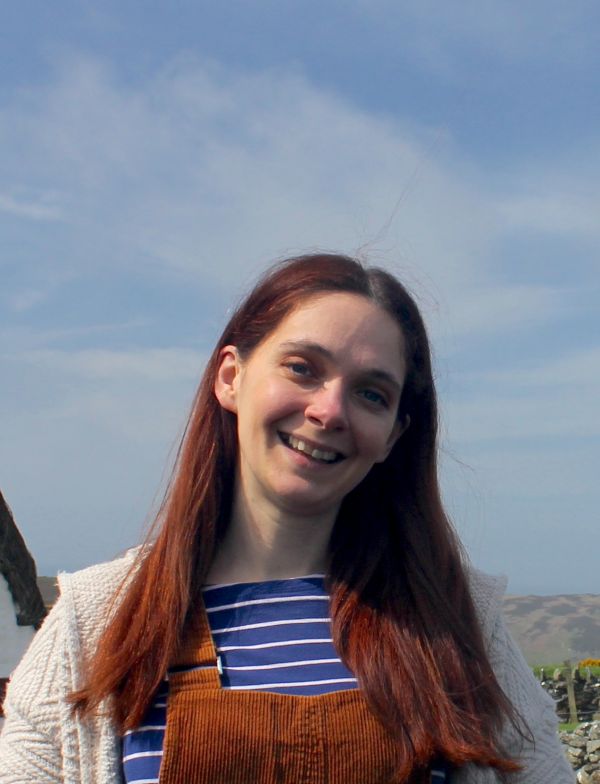In our regular feature in Isle of Man Newspapers, authors from different walks of Manx life offer a personal perspective on #MyBiosphere. This month, Felicity Wood writes:
I was eight years old when I was offered Manx lessons at school. This was the mid-1990s and we were the first cohort to have this opportunity. It was a wonderfully memorable experience.
New workbooks had been produced which opened my world not only to the language itself but the culture behind the language. We were all given a Manx version of our names, Felicity had been translated into Eunys, meaning joy.
This isn’t the prettiest word to say. However, I owned it – ‘Mish Eunys’ - and I found the whole thing captivating.
Sadly, I still do not speak Manx well, despite several years of learning it at school as both a pupil and now as a teacher. However, I also find speaking French or Spanish incredibly difficult, too, so it is nothing personal. My brain just finds remembering words hard.
The Manx language does continue to fascinate me. Firstly because of the origin of many of our place names. For example, what did Anagh Coar look like when it was the marsh of herons?
Was Ballamodha noisy when named the farm of dogs? And, just how tiny was the little farm that gave its name to Ballabeg, given that everything on our Island is rather tiny to begin with?

From time to time, I sit down with a Manx dictionary and I start to think about Island life 200 years ago, based on what words they had because they were needed.
There are words such as crouw, a bunch growing on one stem; striggagh, slow to give milk; and staa, a hedge-making team of three. These words do not have a single like-for-like word in English in the 21st Century, as our modern lives require little rural living chat.
Yet these words must have been created for a reason. There is the phrase Thie Veg, which directly translates to little house, which sounds like an adorable name for your home, but is in fact the term is used for the toilet. I can imagine some grim nights, with horizontal rain, setting out into the yard to find this icy cold little house.
Today, no one would think to name the room their toilet is found in a ‘house’.
‘Sea’ is another word I have often translated for my artwork and get lost every time reading all about the plethora of words for different states of sea, such as lumpy sea, open sea, rolling of sea, heave of sea, rough of sea and romance of sea, which all have their own entries.
It turns out to be far more poetic than the terms used in the Beaufort Scale.
I will never be in a position to pass the Manx language down to the next generation with the spoken word. Let’s face it, I have spent 30 years being fascinated by the word for the toilet. I am not learning new words at any great speed.
However, I have found most people visiting me at a Christmas market will attempt a single word written on a piece of ceramics and this often leads to a conversation about the meaning of a word. Yet entire phrases can seem quite overwhelming and people are put off trying.
So, if you meet me in the street, feel free to ask ‘kys t’ou?’, or ‘how are you?’, as I have three carefully-rehearsed answers to give you.
I will either be fine, tired or going and grumbling. Ironically for someone called Felicity, I am still slightly scared of the pronunciation for the Manx word for happy, maynrys.
Felicity Wood is an artist who finds her love and fascination of Manx culture and language inspires much of her work.


